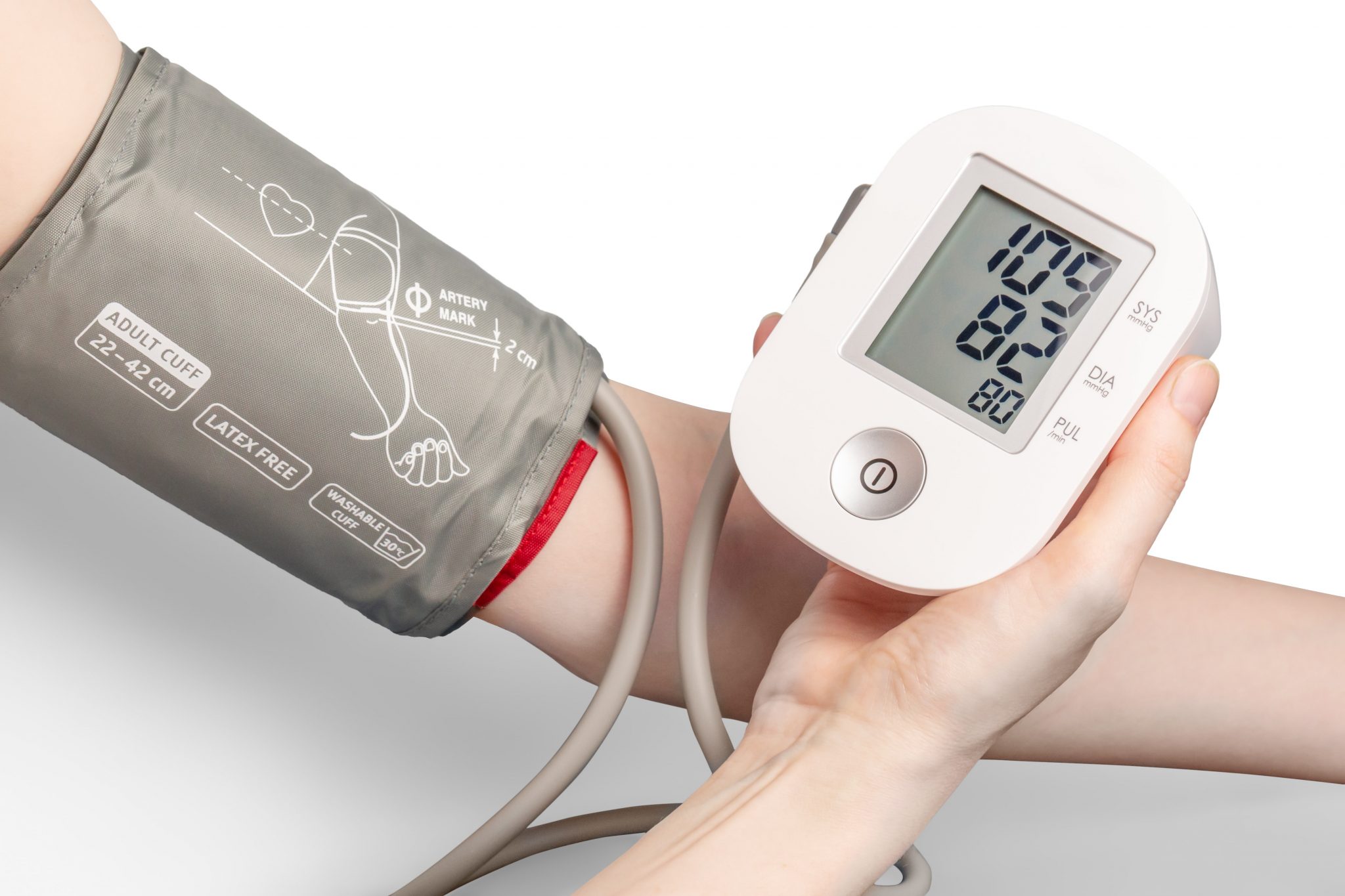What You Need to Know About Cardiac Ablation
If you suffer from heart arrhythmias, you may be interested in how cardiac ablation can help. An irregular heartbeat can be problematic so cardiac ablation may be an option for you.
Cardiac ablation can be helpful for managing heart arrhythmias that don’t respond well to medication and are causing other complications.
Before you decide to schedule a cardiac ablation, it’s important to know more about it and when you should consider it. We’ll take a look at some options for managing heart arrhythmias and let you know when it’s time to talk to your doctor about cardiac ablation. We’ll also go over what the procedure involves and how to manage your health afterward.
How to Manage a Heart Arrhythmia
Treatment for a heart arrhythmia varies based on the type of arrhythmia and the severity of the accompanying symptoms.
Standard treatment options for heart arrhythmias:
- Medications
- Implantable devices
- Invasive therapies
Medications
Medicationsare generally the first course of action for treating heart arrhythmias. Your doctor may prescribe medications designed to control the erratic heart rate, known as anti-arrhythmic drugs or heart-rate control drugs.
If you have been diagnosed with a heart condition that is contributing to the arrhythmia, you may receive medication to treat that specific condition which may help decrease your arrhythmia symptoms. If there is concern about blood clots due to your condition, you may also be given blood thinners as part of anticoagulant or antiplatelet therapy.
Implantable Devices
Implantable devicesmay be recommended by your doctor to help regulate your heart rhythm. If an issue is noted with the contraction of your left ventricle, you may be given a biventricular pacemaker and defibrillator. This device helps to synchronize contraction between the left and right ventricles.
An implantable cardioverter-defibrillator is used when you’re diagnosed with ventricular tachycardia or ventricular fibrillation. An ICD monitors your heart rate and delivers shocks to the heart when needed to regulate it.
A permanent pacemaker is placed in the chest to monitor heart rate and send electrical impulses when the heart rate gets too slow.
Invasive Therapies
Sometimes your doctor may suggest invasive therapies to help manage a heart arrhythmia. This is generally the case when medications aren’t achieving results. Your doctor will suggest the best therapy for your case, which could be cardiac ablation (catheter ablation or surgical ablation), electrical cardioversion, or pulmonary vein isolation.
When Should You Consider Cardiac Ablation?
There are some cases of heart arrhythmia that would warrant the need for cardiac ablation, but the decision shouldn’t be made lightly as there can be risks associated with the procedure.
Your doctor may recommend cardiac ablation if:
- Medications have not been helpful in relieving the symptoms of a heart arrhythmia or you’ve been experiencing intolerable side effects from the medications
- You have Wolf-Parkinson-White syndrome or supraventricular tachycardia (both have seen success with cardiac ablation)
- Your arrhythmias are high-risk for cardiac arrest or other serious complications
What’s Involved in Cardiac Ablation?
If your doctor believes cardiac ablation is the best option to treat your heart arrhythmia, it’s important to know what is involved in the procedure and the risks involved.
The Procedure
Catheters are inserted through a vein in the groin area and threaded up to your heart to send either extreme heat or cold to the tissue that’s causing your heart to beat abnormally. This will destroy that tissue so it can no longer interfere with normal heart function.
Using catheters makes the procedure less invasive and can cut down on recovery time. However, sometimes cardiac ablation may be done as open-heart surgery.
The procedure lasts between 2-3 hours which is significantly down from the 10 hours it used to take. It no longer requires the long hospital stay either which was due to complications from the excessive fluids patients received during the long procedures.
The Possible Risks
Like any medical procedure, there are risks involved with cardiac ablation.
Some of the risks of cardiac ablation include:
- Damage, bleeding, or infection in the areas where the catheter made contact
- Damage or puncturing of the heart or heart valves
- Disruption of the heart’s electrical system which could make the arrhythmia even worse
- Blood clots
- Stroke or heart attack
- Pulmonary vein stenosis
- Kidney damage
- Fatality, though exceedingly rare
What Should You Do Before and After a Cardiac Ablation Procedure?
To lower the risk of complications from your cardiac ablation procedure, it’s essential to follow your doctor’s pre-surgery instructions.
Some of the ways to prepare for cardiac ablation may include:
- Stopping medications or supplements for a certain period of time prior to the procedure. Let your doctor know about anything you’re currently taking, including all medications, natural supplements, vitamins, etc. Some products are not compatible with medical procedures as they could thin the blood or affect the heart rate.
- Fasting the night before the procedure. This may include all liquids as well, so check with your doctor.
The recovery process will vary depending on whether you had a catheter ablation or a surgical ablation.
The post-procedure process may involve:
- Spending some time resting in a recovery room under the observation of a nurse. They will monitor your heart rate and blood pressure.
- With catheter ablation, you may be able to return home the same day or the following day. Expect to feel tired and achy and allow yourself time to rest. You will likely be able to return to work within 2 weeks.
- Surgical ablation requires longer recovery time with a hospital stay lasting up to a week and prescribed rest for a couple of weeks. Fatigue and chest pain are normal, so take it easy. Expect to be out of work for 3-6 months.
What to Expect from Cardiac Ablation
A catheter ablation may not necessarily cure your heart arrhythmia, but you should see a vast improvement in your symptoms regardless. It’s possible you’ll still need to take heart medications and may need more than one cardiac ablation to control the arrhythmia for the long term.
If you received a surgical ablation, you may experience more success than with a catheter ablation. It’s possible that you’ll also be able to discontinue heart medication for good.
Summary
Now you know how cardiac ablation can be beneficial for a heart arrhythmia. You also know how to tell if you should consider the procedure and the possible risks associated with cardiac ablation. You’ve seen how medications are not always enough to manage a heart arrhythmia and sometimes medical interventions are necessary to maintain or improve your quality of life.
Taking good care of your heart by eating a heart-healthy diet, taking part in regular low-impact exercise, and taking measures to decrease your stress levels can all help decrease your risk of experiencing a heart condition like a heart arrhythmia, but sometimes your heart still needs extra assistance. Some conditions can be hereditary and may develop despite your best efforts.
While a healthy diet and lifestyle are extremely helpful for a strong cardiovascular system, it’s important to seek out professional care if the problem persists. If you’re experiencing symptoms of poor cardiovascular health that don’t respond to diet and lifestyle changes, contact us today to book an appointment.





